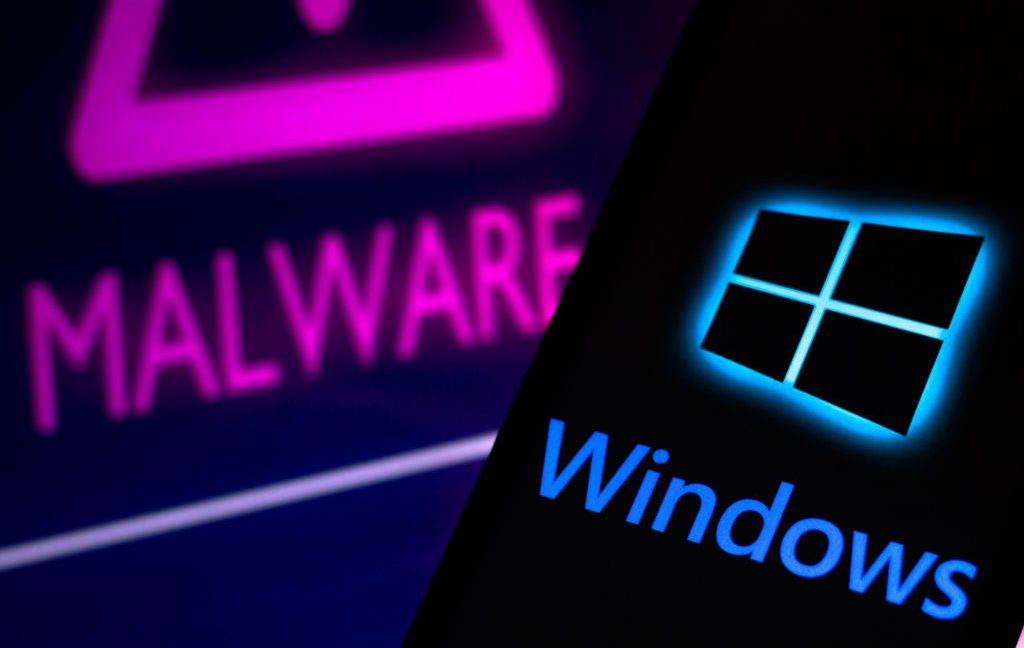Hackers have threatened to leak sensitive data from the University of Pennsylvania, targeting the institution’s perceived political stance and security practices.
Incident Overview
Members of the University of Pennsylvania community received alarming emails with the subject line “We got hacked,” sent from addresses associated with the university’s Graduate School of Education (GSE). These messages, seemingly from the hackers themselves, contained derogatory language aimed at the institution and its policies.
“The University of Pennsylvania is a dogshit elitist institution full of woke retards,” the emails stated, reflecting a strong anti-establishment sentiment. The messages criticized the university for its admissions practices, claiming that it prioritizes legacy admissions and unqualified candidates over merit. The hackers accused the university of violating federal laws, specifically the Family Educational Rights and Privacy Act (FERPA), which safeguards the privacy of student information.
Context of the Attack
The Family Educational Rights and Privacy Act (FERPA) is a critical piece of legislation that protects students’ educational records. By referencing FERPA, the hackers indicated their intent to expose sensitive information, which could have serious implications for the university and its students. The emails also mentioned the Students for Fair Admissions (SFFA), a group that has been at the forefront of legal challenges against race-based affirmative action in college admissions.
The timing of this attack is particularly noteworthy, as it follows a broader trend of politically motivated cyberattacks against educational institutions. The University of Pennsylvania is not alone in facing such threats; earlier this year, Columbia University experienced a significant breach that reportedly compromised decades of admissions data. The alleged hacker behind that incident expressed a desire to uncover evidence of continued affirmative action policies, despite the Supreme Court’s recent ruling against them.
Political Climate and Institutional Responses
The political climate surrounding higher education, particularly in relation to affirmative action and campus activism, has become increasingly contentious. Both the University of Pennsylvania and Columbia University have found themselves at the center of heated debates regarding their handling of protests related to Israel’s conflict with Hamas. These issues have heightened tensions within academic communities and have made universities more vulnerable to politically charged cyberattacks.
In response to the recent hacking incident, the University of Pennsylvania released a statement acknowledging the fraudulent emails. “A fraudulent email is currently being circulated that appears to come from a Penn GSE account with the subject ‘We got hacked (Action Required)’ or similar,” the university stated. The Office of Information Security is actively investigating the situation, with their Incident Response team working to mitigate any potential damage.
The university emphasized that “nothing in the highly offensive, hurtful message reflects the mission or actions of Penn or of Penn GSE.” This statement aims to distance the institution from the hackers’ claims and to reassure the community that the university is taking the matter seriously.
Implications for Students and Alumni
The implications of this hacking incident are significant for both current students and alumni. If the hackers follow through on their threats to leak sensitive data, it could expose personal information, academic records, and other confidential details. This breach of privacy could have lasting repercussions for individuals whose information is compromised.
Furthermore, the incident raises questions about the university’s cybersecurity measures. The hackers’ claims regarding the institution’s security practices suggest that there may be vulnerabilities that need to be addressed. In an era where data breaches are increasingly common, universities must prioritize the protection of their students’ information.
Reactions from the University Community
The reaction from the University of Pennsylvania community has been mixed. Some alumni expressed concern over the potential fallout from the hacking incident, while others criticized the university for its perceived lack of transparency regarding its admissions practices. The derogatory language used in the hackers’ emails has also sparked outrage among many, who feel that it undermines the values of inclusivity and respect that universities strive to uphold.
One alumnus, who received the email, described the experience as unsettling. “To see my alma mater targeted in such a way is disheartening,” they said. “It raises a lot of questions about the safety of our personal information and the integrity of the institution.”
Comparative Analysis of Recent University Hacks
The University of Pennsylvania is not the only Ivy League institution to face cyberattacks in recent months. Columbia University, as mentioned earlier, was also targeted, with the breach reportedly affecting a vast amount of admissions data. The alleged hacker claimed to be searching for evidence of the university’s adherence to affirmative action policies, which have been a contentious issue in the wake of recent Supreme Court rulings.
In addition to Columbia, other universities have also reported similar incidents. For instance, New York University and the University of Minnesota were both reportedly hacked by the same individual who targeted Columbia. This hacker, who has been described as a self-proclaimed “violently racist” figure, has used their platform to promote extremist views while simultaneously exposing vulnerabilities in university cybersecurity systems.
Broader Implications for Higher Education
The increase in politically motivated cyberattacks on universities raises broader questions about the security of educational institutions. As universities become battlegrounds for ideological conflicts, they may also become targets for hackers seeking to exploit these tensions. The implications extend beyond immediate data breaches; they also affect the reputation of institutions and their ability to attract students and faculty.
Moreover, the rise of such attacks highlights the need for universities to invest in robust cybersecurity measures. As educational institutions increasingly rely on digital platforms for administrative functions, the protection of sensitive data becomes paramount. Universities must not only address existing vulnerabilities but also anticipate future threats in an evolving digital landscape.
Future Considerations
As the University of Pennsylvania and other institutions grapple with the fallout from these cyberattacks, several considerations emerge for the future. First, universities must prioritize transparency in their communications with students and alumni. Clear and open dialogue about security measures and potential risks can help build trust within the community.
Second, educational institutions should consider implementing comprehensive cybersecurity training for staff and students. By fostering a culture of awareness and vigilance, universities can empower their communities to recognize and respond to potential threats more effectively.
Finally, collaboration among universities may be essential in addressing the challenges posed by politically motivated cyberattacks. Sharing information about threats and best practices can enhance the collective security posture of educational institutions, making them less vulnerable to future incidents.
Conclusion
The recent hacking incident at the University of Pennsylvania serves as a stark reminder of the vulnerabilities that educational institutions face in an increasingly polarized political landscape. As universities navigate the complexities of cybersecurity, they must remain vigilant in protecting their students’ information while also addressing the broader societal issues that contribute to such attacks. The implications of this incident extend beyond the immediate threat of data breaches; they challenge universities to reevaluate their security practices and their roles as centers of learning in a contentious world.
Source: Original report
Was this helpful?
Last Modified: November 1, 2025 at 1:40 am
1 views















